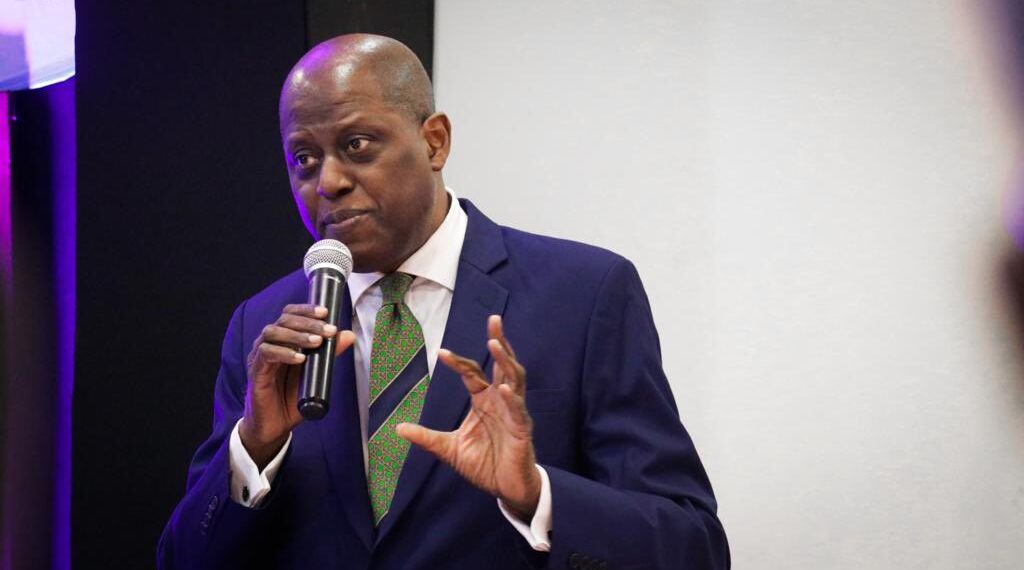The Central Bank of Nigeria (CBN), led by Governor Yemi Cardoso, has issued a warning about potential inflation. The rise in input costs across key sectors could trigger a new wave of consumer price inflation. This concern comes as the country continues to grapple with economic challenges.
Impact of Rising Input Costs
Governor Cardoso highlighted that various sectors, including agriculture, manufacturing, and services, are facing increasing costs. Factors contributing to these rising costs include supply chain disruptions, higher energy prices, and global inflation trends. These factors have put pressure on producers, which may ultimately lead to higher prices for consumers.
The CBN’s analysis indicates that if input costs continue to rise, businesses may pass these expenses onto consumers. This could result in an upward trend in consumer prices, affecting the purchasing power of Nigerians. The governor emphasized the importance of monitoring these trends closely to inform policy decisions.
In his address, Cardoso pointed out that inflation can have wide-reaching effects on the economy. It can erode savings, reduce consumer spending, and hinder economic growth. Therefore, the CBN is committed to implementing measures to mitigate these risks.
CBN’s Policy Measures and Future Outlook
To address these challenges, the CBN is considering various policy interventions. One of the primary focuses is to stabilize the foreign exchange market. A stable currency can help reduce the cost of imported goods, which is crucial for many sectors.
Additionally, the CBN plans to enhance support for local production. By promoting agricultural and industrial growth, the central bank aims to reduce dependency on imports. This strategy could help lower overall input costs and make goods more affordable for consumers.
The governor also stressed the importance of collaboration with other government agencies. Coordinated efforts can help address underlying issues that contribute to rising costs. For instance, improving infrastructure can reduce transportation costs and enhance supply chain efficiency.
In conclusion, the warning from the Central Bank of Nigeria about looming inflation highlights the critical need for proactive measures. Rising input costs pose significant risks to the economy and consumers alike. The CBN’s commitment to monitoring these trends and implementing supportive policies is vital. By focusing on local production and stabilizing costs, the central bank aims to protect the economy and ensure a more stable financial future for Nigerians.


